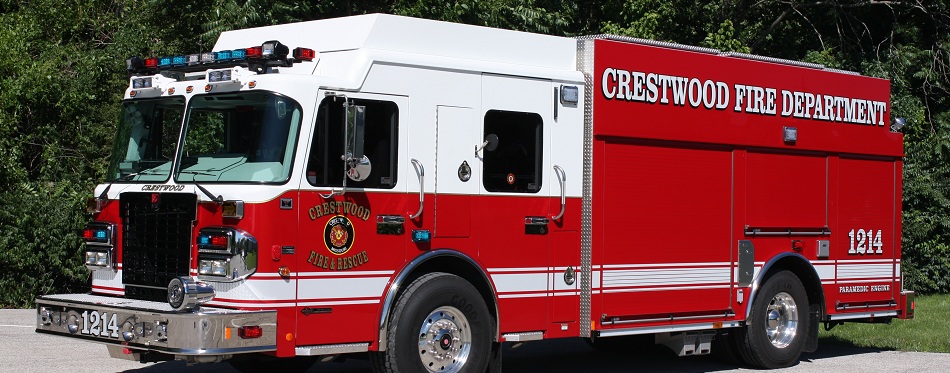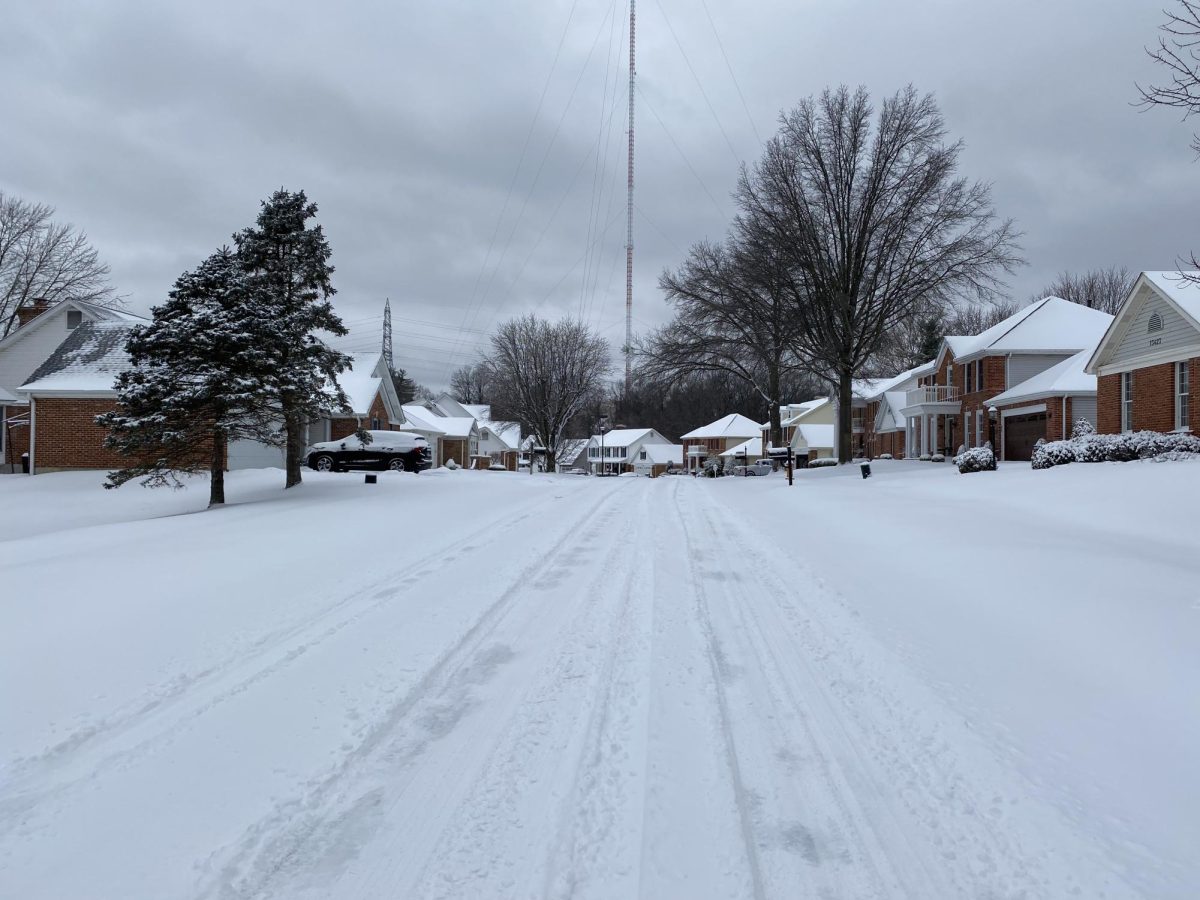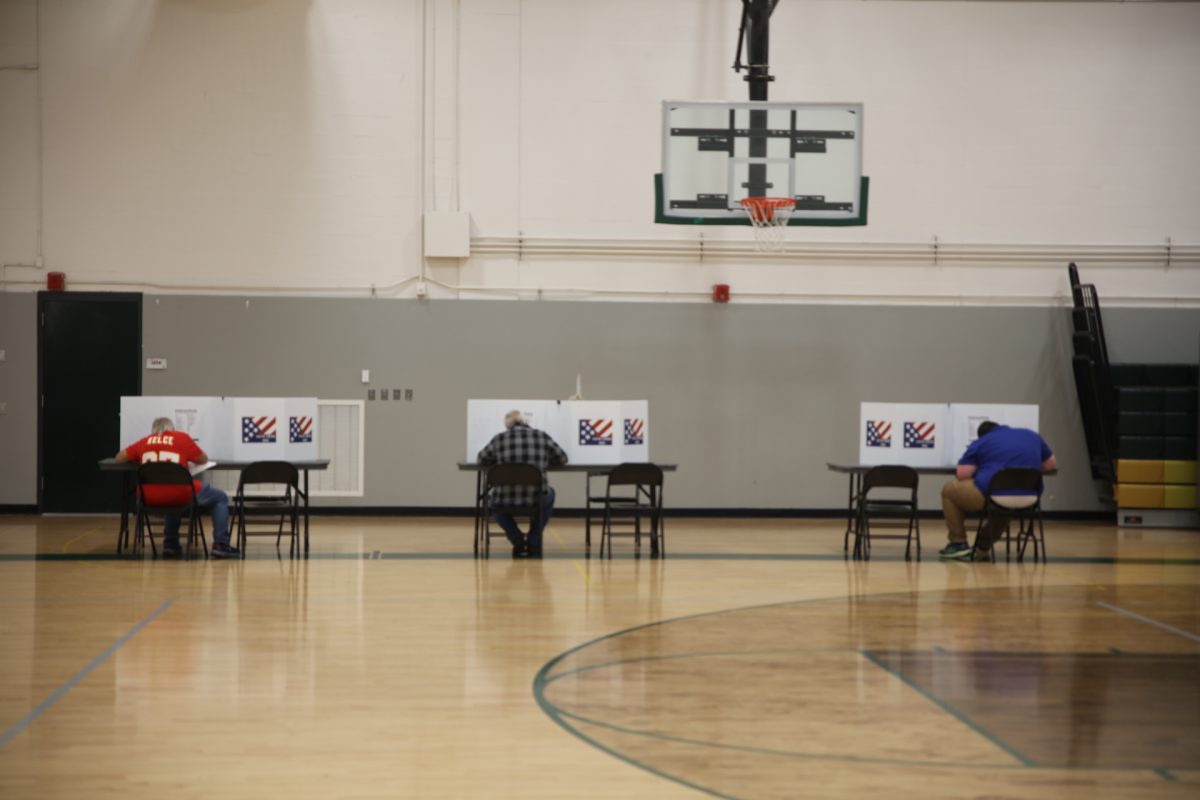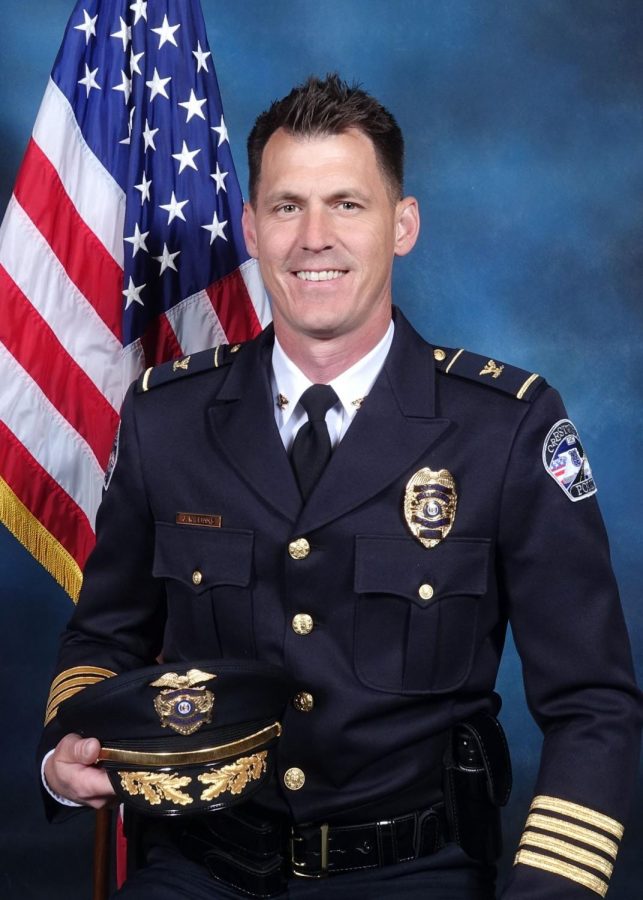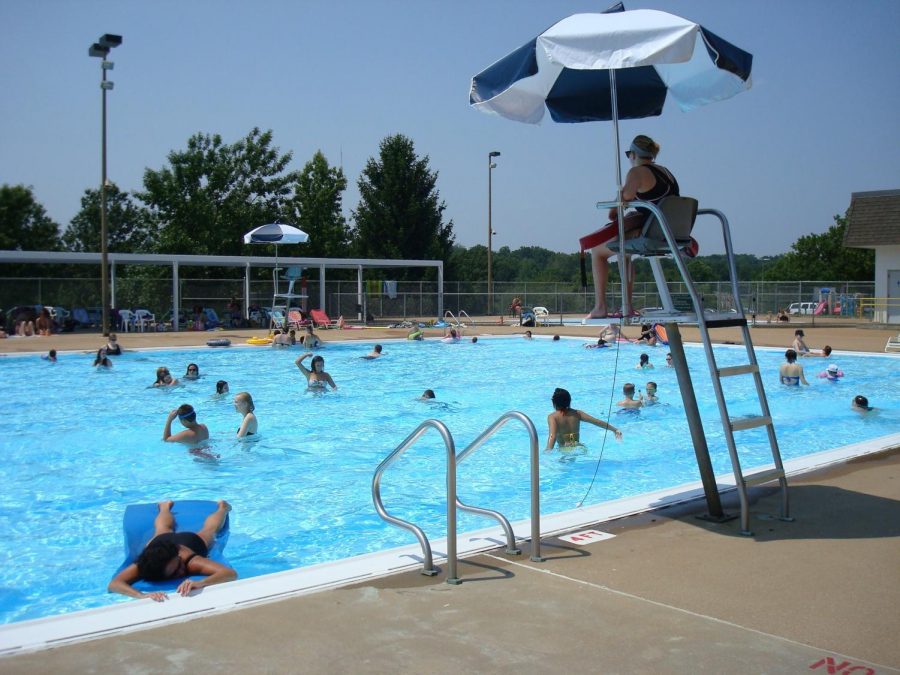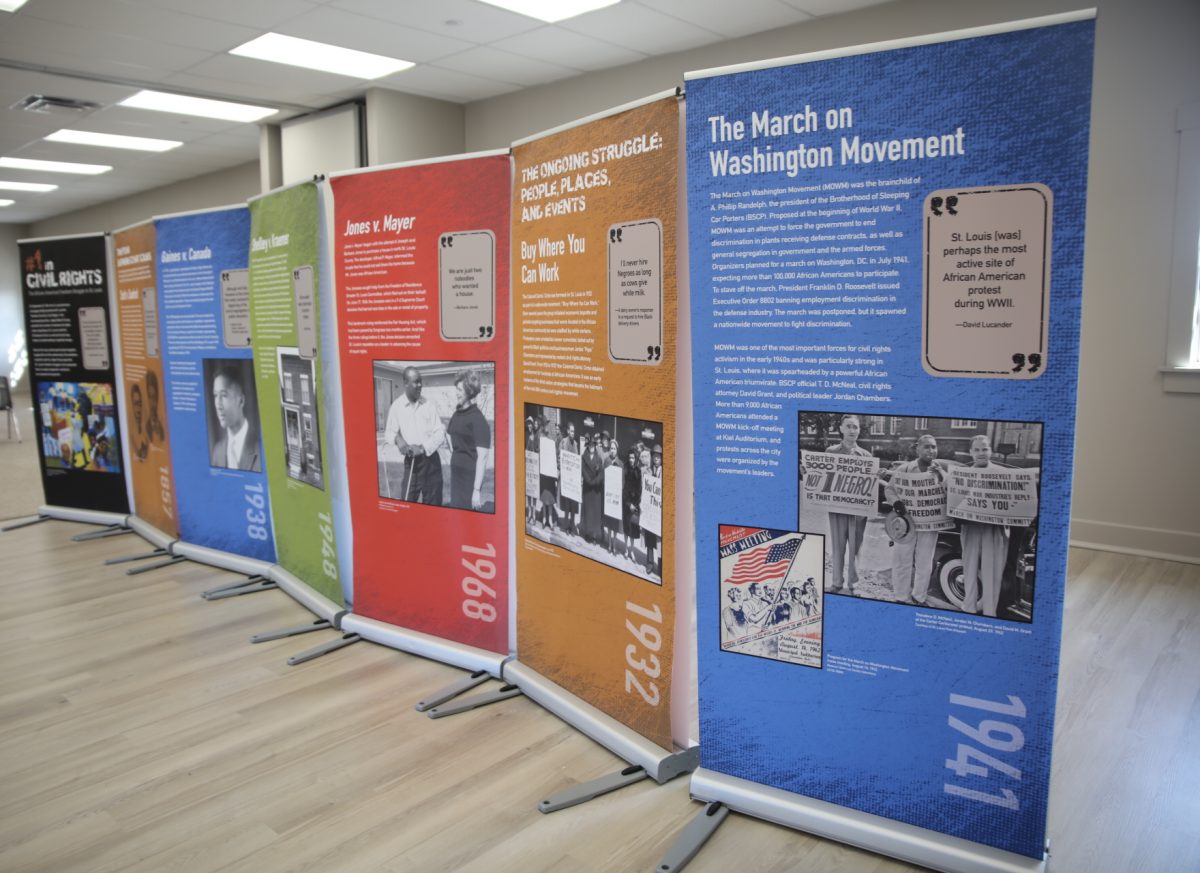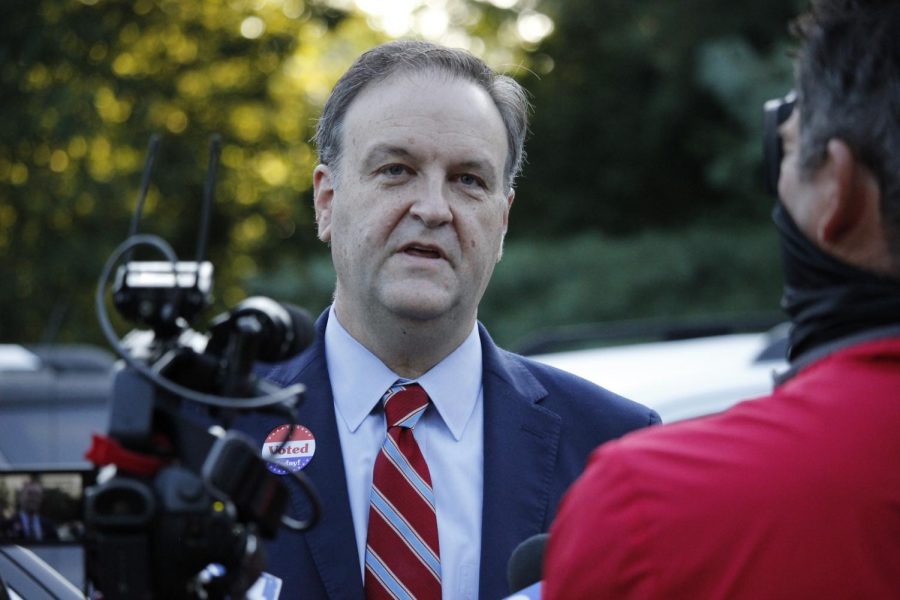
The Green Park Board of Aldermen picked up its police services discussion July 18, with possible changes to hours or infrastructure looked at by the board.
The board has discussed its police services for the past several meetings, looking at the possibility of adding more hours or officers to its current contract with the St. Louis County Police Department. Mayor Tim Thuston was against the idea of adding a weekend officer to the contract.
“I think it’s probably not something we’re going to benefit from by increasing hours during the weekend or adding an additional dedicated officer,” Thuston said. “There’s not a lot of bang for the buck. I know we’d like to see dedicated officers 24/7 but it’s just not feasible.”
One possible solution to the city’s desire for another officer could be to partner with a different municipality. A partnership with the Lakeshire Police Department has been discussed in the past, and Ward 1 Alderman Michael Broughton said he has been discussing the idea with Lakeshire officials.
Broughton said in a discussion with Tim Sullivan, Lakeshire police chief, the chief and officers are interested in a partnership. He said the department will provide some prices and possible hours to Green Park in the near future.
City Attorney Paul Rost said a deal with Lakeshire is fine to talk about, but it’s impossible to know if the county would be okay with it.
“You’ve got to talk to the county and see what they think … maybe everyone works together and says ‘Yeah, it’s just another way to have another officer in the area,’ or you find out what the problems might be,” Rost said.
Rost said the prosecution of tickets could cause issues if a Lakeshire officer writes one, since the county has a designated prosecutor.
The second discussion by the board centered around the implementation of solar street lights throughout the city. City Administrator James Mello said it was up to the board to decide how many new lights they want and where they would go before a more accurate plan could be given.
The main conversation centered around how to split up the light locations. They could be evenly split among all three wards or focused more on wards that don’t have as many lights. Ward 3 Alderman Joe Monteleone said his ward probably won’t need as many lights as the others — he mentioned that some residents have their own lights along Green Park Road, so the city could work with them to put up solar lights in those spots.
The consensus was to split the lights among dark areas within Wards 1 and 2, with locations to be reviewed in the future. The budget will be based on aldermen’s reports of their wards.
The board also discussed license plate cameras as part of its effort to improve the safety of the city. In the past the city has held business-watch meetings to pitch the idea of cameras to businesses so they would pay for it.
“Each one of the areas was more than willing to pay for cameras, the problem is getting one of them to stand up and say ‘Okay, let’s go,’” Thuston said. “My proposal is we get it for the first year and let them roll with it.”
The cost of one FLOCK camera per year is $2,500, but the city would go out to bid for better prices from different vendors. Thuston said if city doesn’t take this first step, the businesses will never organize and purchase the cameras.
Mello said if the board approved the three areas, the cameras would cover around 100 businesses.
The board voted to table the camera discussion.



